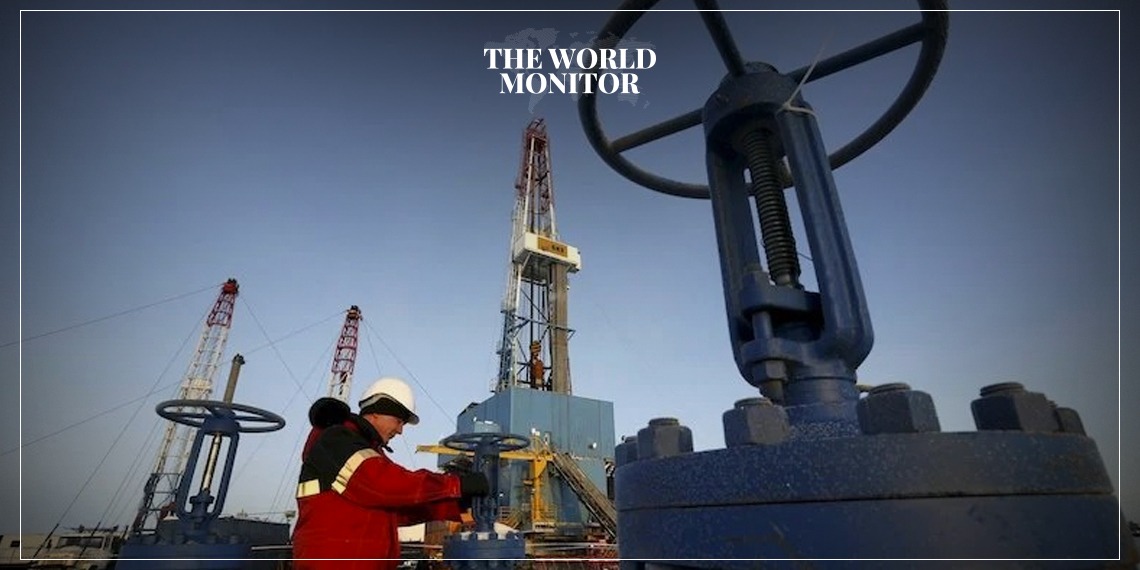Following the completion of Moscow’s seasonal refinery maintenance, Russian gasoil continues to flow into global markets, especially Morocco. Based on the latest monthly figures, Morocco has secured the fourth position globally and second in Africa among importing countries.
Data revealed by the “Refinitiv Eikon” platform, cited by “Reuters,” indicates that “Morocco is among the largest importers of Russian diesel in the first half of this ongoing August month, alongside Turkey, which maintains its top position, followed by Brazil, Ghana, and Togo.”
In the first 14 days of August, Russia’s gasoil exports to Morocco surged to 68,000 metric tons, out of a total of 1.7 million metric tons of Russian exports. A significant portion of this went to African markets, as per the same source.
Idriss Al-Issaoui, an economic analyst, commented, “Morocco’s foreign policy has always been clear, focusing on cooperation with various partners, including Russia.”
Al-Issaoui further added to Hespress that “Morocco has never opposed Russia, continuing its economic collaboration, which extends beyond just fuels to areas like marine fishing, benefiting Moscow at high levels.”
He emphasized the increasing rate of Russian gasoil imports, highlighting Morocco and Moroccan fuel companies’ strategy to avoid limited partnerships with specific countries.
“The cooperation with Russia is vital, and it’s essential to maintain relations, especially as the Kingdom aims to join BRICS, where Moscow is a central member,” asserted the economic analyst. He concluded by saying, “Moscow is a primary player in global trade, maintaining its presence in Africa, much like the Kingdom of Morocco.”
On the other hand, Abdelkhalik Tihami, a researcher in economics, clarified, “Speaking about Morocco importing Russian gasoil is inaccurate as it concerns fuel companies, not official institutions, given the sector is private, not public.”
Tihami mentioned to Hespress, “It’s logical for Moroccan companies to import Russian gasoil due to its competitive pricing compared to other countries.” He added that “following the sanctions imposed on Russia, it sought new markets, including Morocco. To incentivize these markets, Russia lowered its prices, making them exceptionally competitive.”
He further noted, “Moroccan importers greatly benefit from this situation, finding valuable goods at preferential prices, without being bound by the Western sanctions, given Rabat’s neutral stance.” He concluded by stating that “debates about imports from Russia are natural; tomorrow, Morocco might import from any other country. Some followers raise it because of the war in Ukraine, where Rabat remains fully neutral.”






